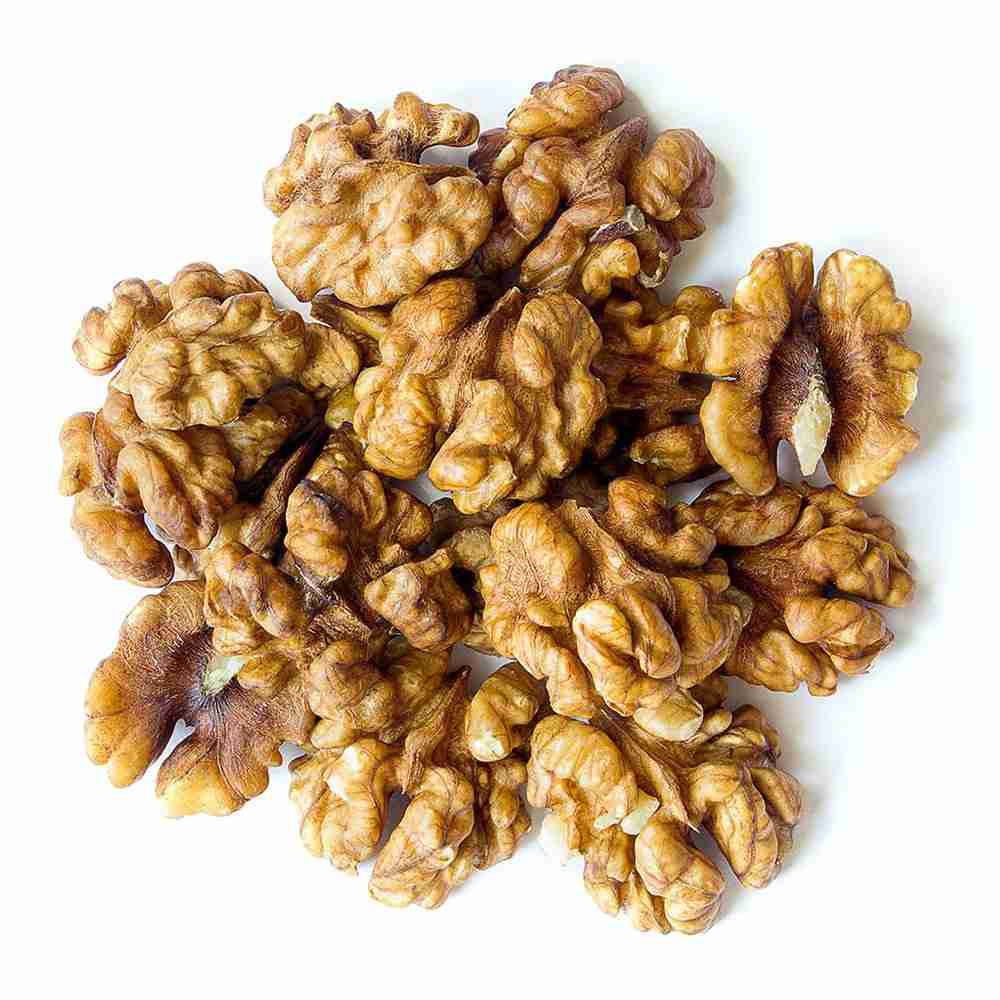
What happens if you regularly eat walnuts? How many nuts can you eat per day?

3 min read
Eating a handful of walnuts every day could improve your health in many ways, from helping you maintain a healthy weight to reducing your risk of developing chronic diseases.
A new study has found that people who regularly eat walnuts are less likely to die from any cause over a period of 30 years, compared to those who do not eat the nuts.
What happens if you regularly eat walnuts?
Walnuts are a treasure trove of nutrients. It contains many vitamins and minerals that everyone needs so much, especially those who live in megacities. Outwardly, something similar to the brain, this nut really has a beneficial effect on the functioning of this organ. In addition, it is highly nutritious and serves as a good and healthy snack: after eating a small handful, you can feel full.
What are the benefits of these nuts?
Walnuts have the most positive effect on the functioning of the brain. This is evidenced by many studies, including experiments on rodents that received nuts as a source of fat. As a result, their learning ability, level of anxiety - everything spoke of an extremely positive effect.

These nuts are a source of biotin, Omega-3, and B vitamins. All this together helps reduce stress and anxiety, improves attention and concentration, and reduces the risk of neurodegenerative disorders.
The list of useful properties of walnuts also includes the following:
- strengthening the immune system;
- improvement of vision;
- lowering blood sugar levels;
- improvement of memory, hormonal background, bowel function;
- soothing properties;
- positive effect in atherosclerosis, anemia and hypertension.
An impressive list, isn’t it?
How to choose nuts and store them properly?
It is best to buy nuts in the shell, unpeeled. This way they don’t oxidize or get damaged. When choosing, you need to look so that they are not dark and rancid in taste. It is ideal to store them in the refrigerator, as this is a fatty product, and fat tends to taste bitter over time.

If you buy Russian nuts, and not brought from Latin America, you should not eat them in the summer. After all, on average, a walnut is stored for 8-9 months, harvesting takes place in the fall, respectively, autumn-winter is a good season, and by the summer they begin to deteriorate.
How many nuts can you eat per day?
The expert recommends eating up to 35 grams per day. Any product, even the most useful one, is only good in moderation. You should not abuse walnuts: due to the high energy value (about 650 kcal per 100 g) and a large amount of fat, it can negatively affect the functioning of the liver (overload it), pancreas and gastrointestinal tract.

In addition, the nut is an allergenic product, and its excessive use can provoke allergic reactions. Also, the abuse of this product can contribute to the development of body fat and weight gain.
Conclusion
According to a study published in the Journal of Nutrition, eating walnuts may improve your health. The study found that those who ate walnuts had lower levels of LDL cholesterol and higher levels of HDL cholesterol.
They also had lower levels of inflammation. If you regularly eat walnuts, you may have lower levels of LDL cholesterol and higher levels of HDL cholesterol. You may also have lower levels of inflammation.


